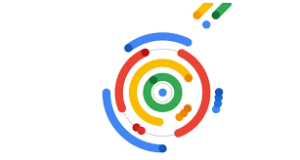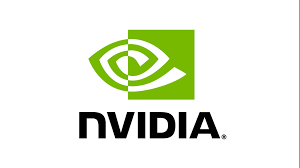Uncharted Labs, a leading generative AI startup, recently unveiled Udio, a groundbreaking text-to-music generator designed to produce high-quality musical compositions from textual prompts. While Suno V3, another AI music tool, captured the spotlight not long ago, early feedback on Udio suggests a potential shift in the landscape of AI-generated music.
Udio operates akin to a musical version of ChatGPT. Users simply describe the desired song theme and musical style, then press the “Create” button to initiate the composition process. The platform automatically generates lyrics for the song based on the input, offering users the option to craft their lyrics in multiple languages, including English, Chinese, Japanese, Russian, Polish, German, French, and Italian. Within seconds, Udio produces a 30-second musical clip, extendable up to 90 seconds, which users can further edit and refine directly on the platform.
Unlike earlier AI music tools that often produced generic and repetitive compositions, Udio distinguishes itself with its sophisticated musical and vocal output, rivaling the quality of commercially produced music by human artists. While it may not replace beloved albums by iconic bands like Pink Floyd or Led Zeppelin, the sheer novelty of completely AI-generated music is nothing short of astounding.
Uncharted Labs, founded by former Google DeepMind engineers, secured $10 million in seed funding from prominent investors such as Andreessen Horowitz’s a16z and Instagram co-founder Mike Krieger. Notable musicians like will.i.am of the Black Eyed Peas, have also invested in Udio, expressing support for AI-driven music creation despite dissent from some within the industry.
More on Udio
While Udio’s creators have not disclosed specific details regarding their training data, many speculate that they trained the tool using copyrighted music, raising potential legal concerns. Udio’s website asserts that it does not utilize artists’ voices directly, yet critics have detected resemblances to established artists like Tom Petty in some generated songs.
Amidst the excitement surrounding Udio’s capabilities, legal implications loom large. The platform’s terms and conditions advise aggrieved parties to seek resolution through informal channels, hinting at the possibility of future copyright disputes akin to those involving OpenAI, Meta, and Microsoft. Despite these concerns, Udio remains free during its beta testing phase, offering users the opportunity to create up to 1,200 songs per month for commercial use.
However, users should be mindful that AI-generated content is not currently eligible for copyright protection in the United States, potentially complicating ownership and distribution rights. Nevertheless, as Udio continues to push the boundaries of AI music generation, users may find themselves grappling with the complexities of creating and sharing music in an era defined by technological innovation.
See also: NYU Develops Revolutionary AI Speech Synthesis System


















